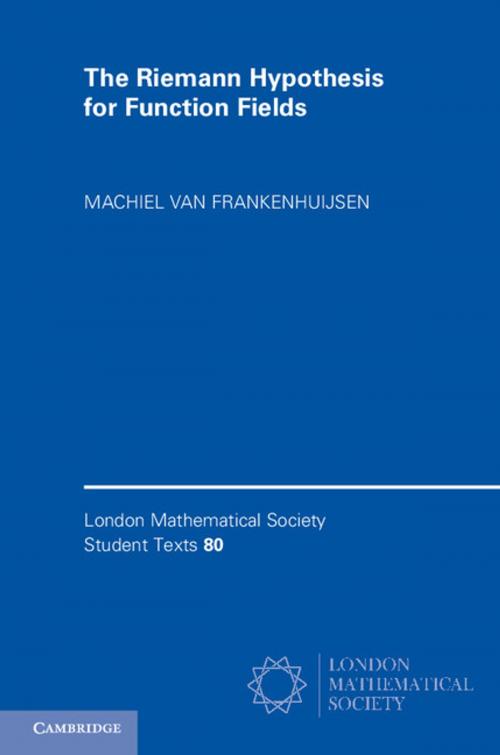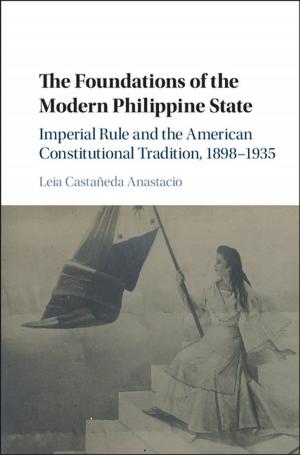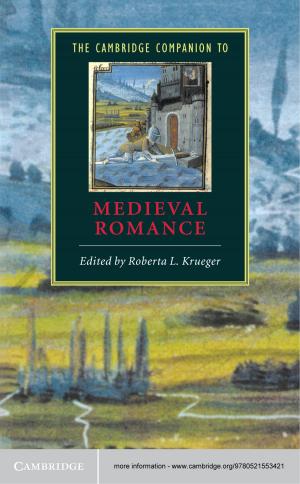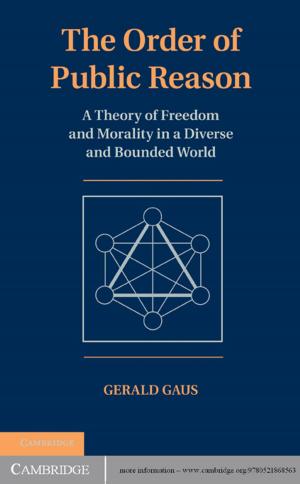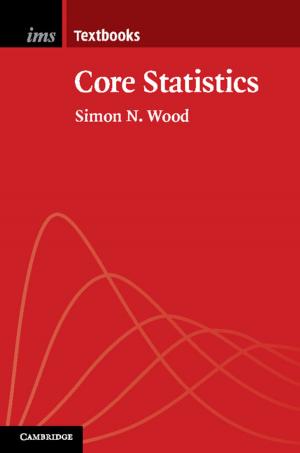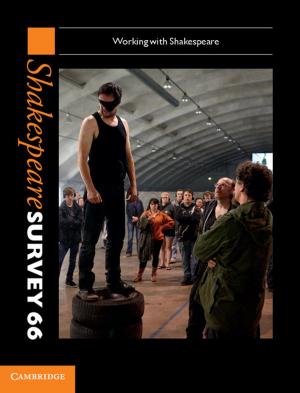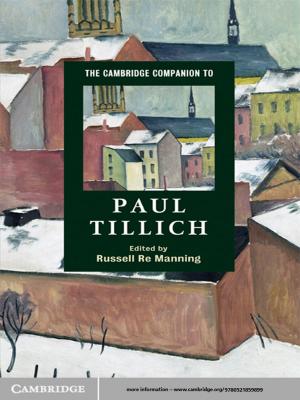The Riemann Hypothesis for Function Fields
Frobenius Flow and Shift Operators
Nonfiction, Science & Nature, Mathematics, Number Theory, Geometry| Author: | Machiel van Frankenhuijsen | ISBN: | 9781107721081 |
| Publisher: | Cambridge University Press | Publication: | January 9, 2014 |
| Imprint: | Cambridge University Press | Language: | English |
| Author: | Machiel van Frankenhuijsen |
| ISBN: | 9781107721081 |
| Publisher: | Cambridge University Press |
| Publication: | January 9, 2014 |
| Imprint: | Cambridge University Press |
| Language: | English |
This book provides a lucid exposition of the connections between non-commutative geometry and the famous Riemann Hypothesis, focusing on the theory of one-dimensional varieties over a finite field. The reader will encounter many important aspects of the theory, such as Bombieri's proof of the Riemann Hypothesis for function fields, along with an explanation of the connections with Nevanlinna theory and non-commutative geometry. The connection with non-commutative geometry is given special attention, with a complete determination of the Weil terms in the explicit formula for the point counting function as a trace of a shift operator on the additive space, and a discussion of how to obtain the explicit formula from the action of the idele class group on the space of adele classes. The exposition is accessible at the graduate level and above, and provides a wealth of motivation for further research in this area.
This book provides a lucid exposition of the connections between non-commutative geometry and the famous Riemann Hypothesis, focusing on the theory of one-dimensional varieties over a finite field. The reader will encounter many important aspects of the theory, such as Bombieri's proof of the Riemann Hypothesis for function fields, along with an explanation of the connections with Nevanlinna theory and non-commutative geometry. The connection with non-commutative geometry is given special attention, with a complete determination of the Weil terms in the explicit formula for the point counting function as a trace of a shift operator on the additive space, and a discussion of how to obtain the explicit formula from the action of the idele class group on the space of adele classes. The exposition is accessible at the graduate level and above, and provides a wealth of motivation for further research in this area.
